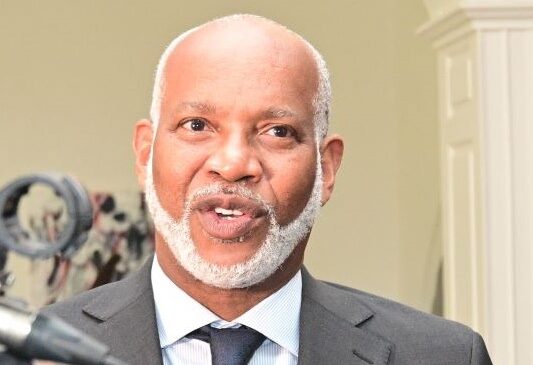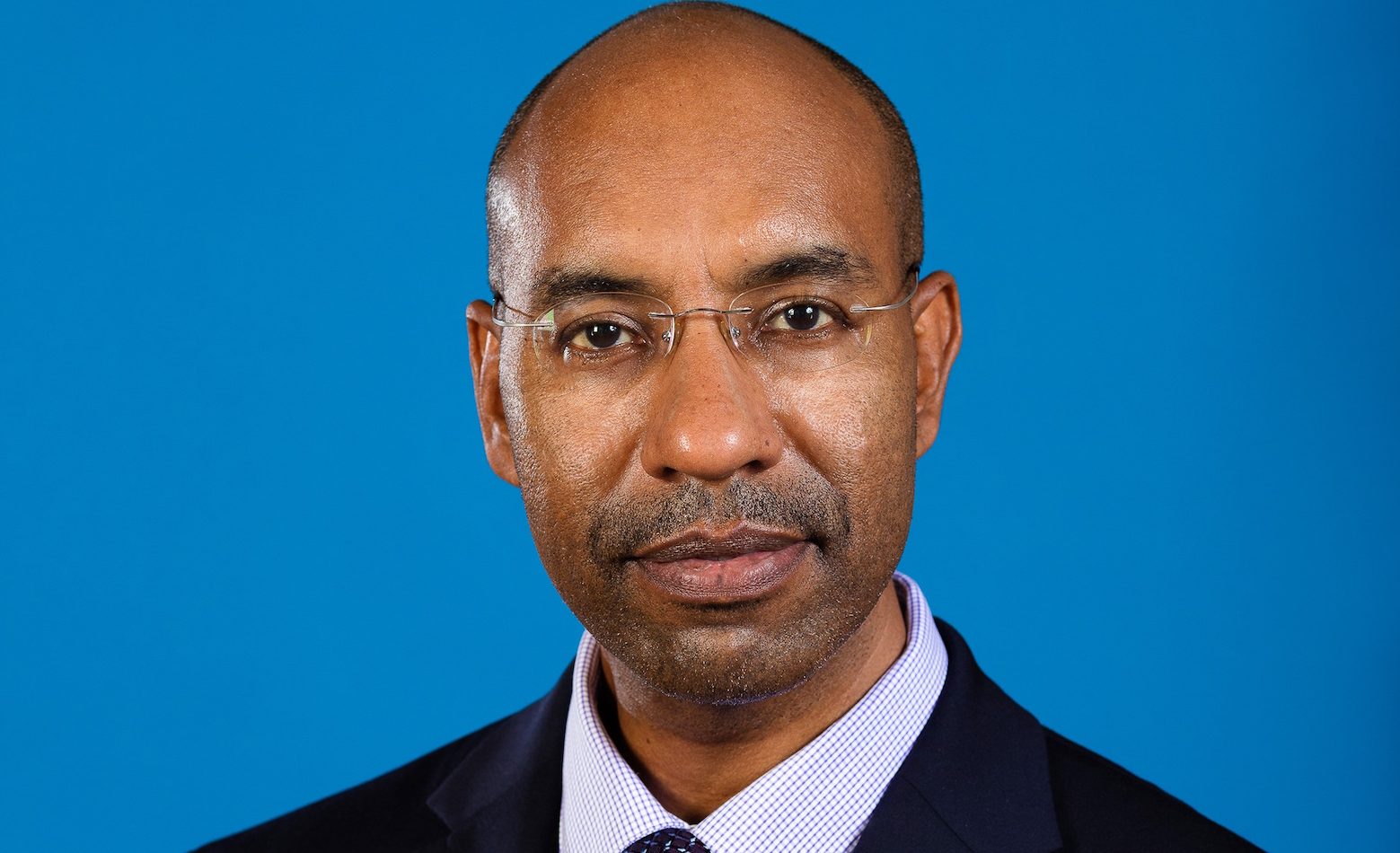Traditionally, for years this period between Christmas and New Year the United Kingdom normally experiences the largest level of holiday bookings than at any other time annually. Not this year of course, with our tourism policymakers and planners left to contemplate, what, if anything they can do to bridge the enormous void of visitor arrivals.
It is an unprecedented situation and for those who stand on the side and criticize, proffering what they think could be done, are only frankly second guessing a clearly almost impossible and unpredictable scenario.
What I understand the current guardians of our industry are successfully doing is maintaining the highest possible destination visibility with initiatives like the Welcome Stamp, visits by travel writers, travel agents and the incredible centenarian, Captain Sir Tom Moore, all naturally under carefully managed pandemic compliant conditions.
While, it may seem very optimistic given the current circumstances, I am still going to have a wish list for 2021.
As we emerge from the pandemic, there will be opportunities and some of these may come from those airlines that have survived, downsized and retired their larger, less fuel efficient aircraft. New aircraft like the incredible Airbus A321XLR will come into service and enable long haul routes from various European cities to operate planes which carry around 200 passengers, economically on non-stop services to the Caribbean.
Routes like Dublin or Belfast to Barbados then become less of a risk and given a massive price advantage by not having APD (Advanced Passenger Duty) imposed on the fares, saving at least UK Pounds 80 per passenger in the case of Northern Ireland.
Locally, I believe that a great more could be done with developing smart partnerships between all sectors across tourism and those companies who supply them together with our seemingly reluctant banking sector. As one of the persons deeply involved in creating the first fully functional small hotel alliance, it has been hugely disappointing not to witness more co-operation in this sub-sector, by developing joint promotional initiatives and driving cost savings through collaboration.
And as the cruise industry finally resumes sailings from the Caribbean, perhaps not until the very latter part of 2021, let us look objectively at exactly where we can truly benefit from this sector and justify the investment we have already placed in it.
As always, my thoughts go out to all the dedicated tourism workers and managers that are still employed and have sacrificed their quality family time over this festive period, to give our cherished visitors that holiday of a lifetime.




The blogmaster invites you to join the discussion.